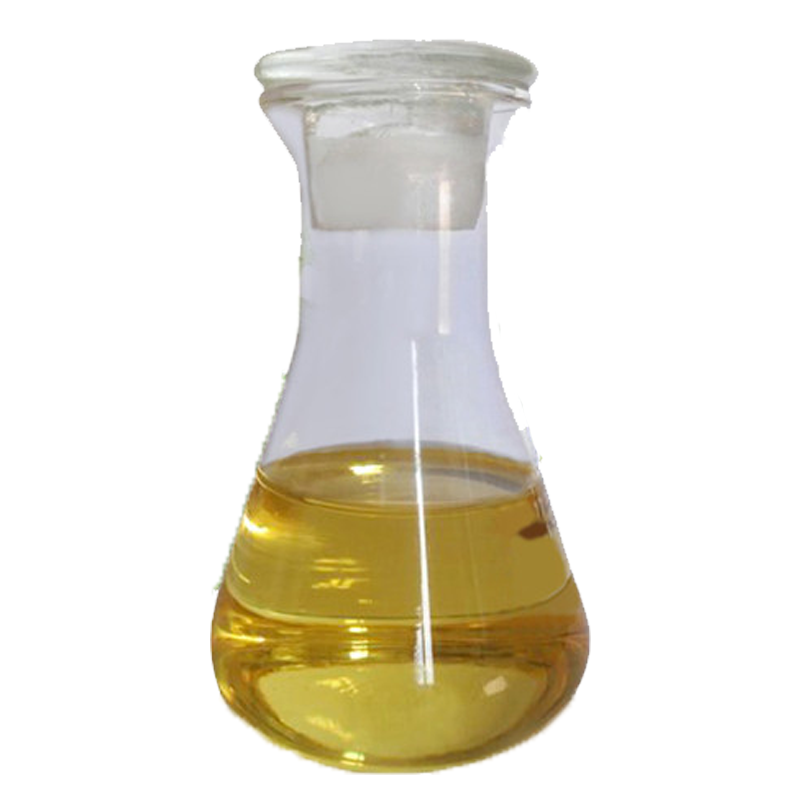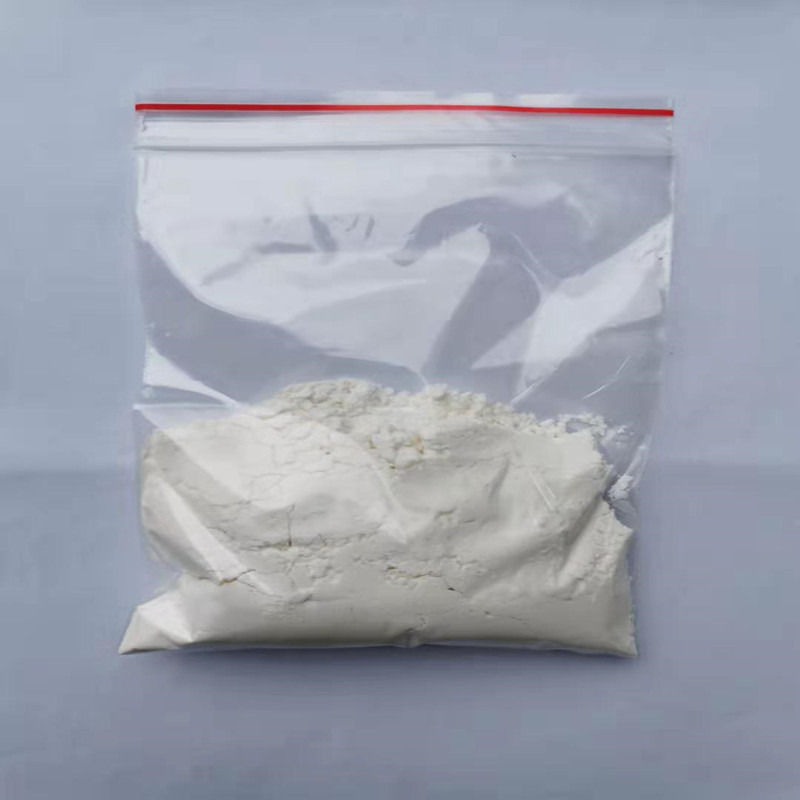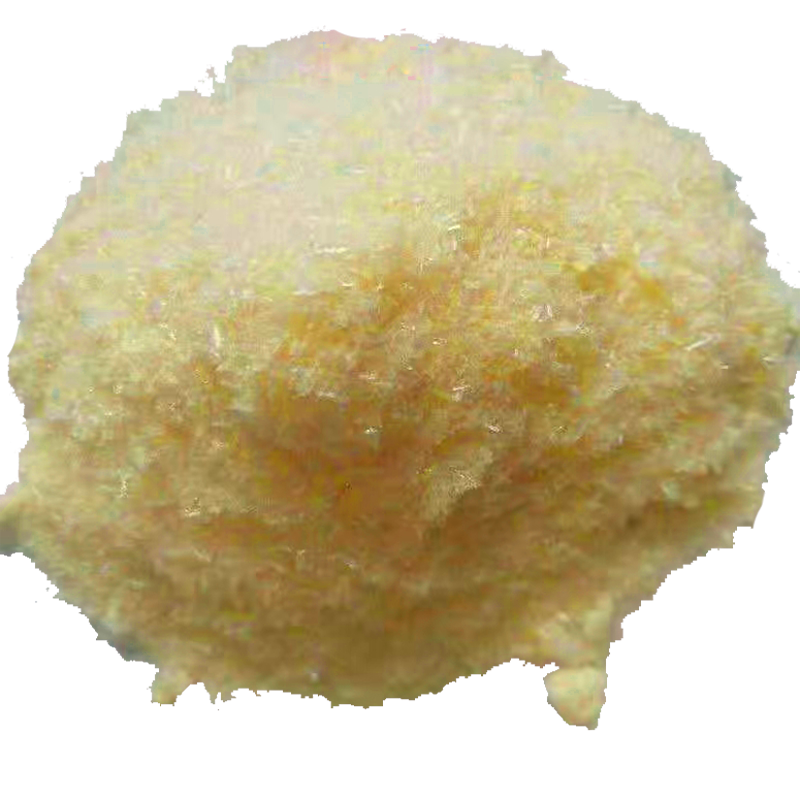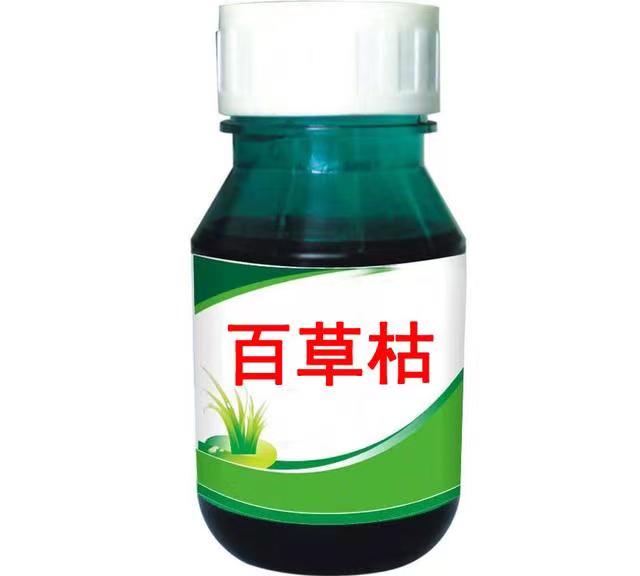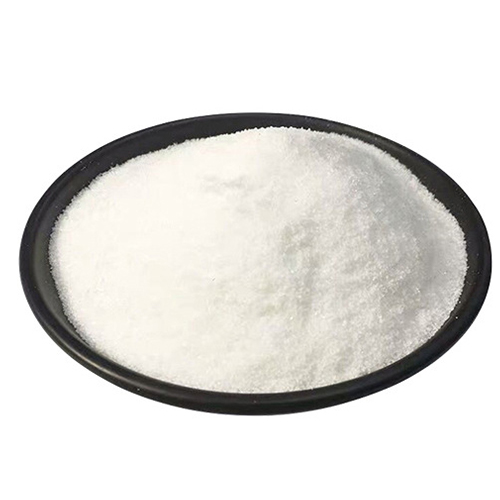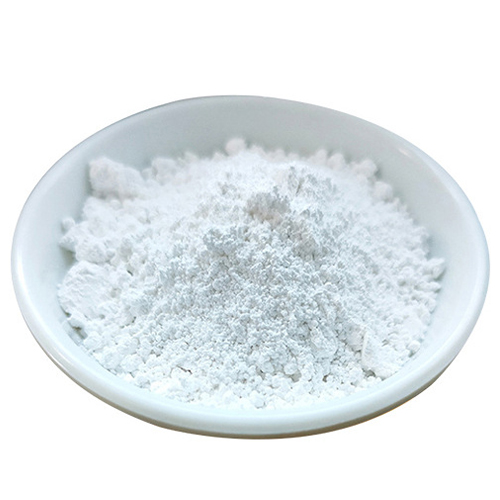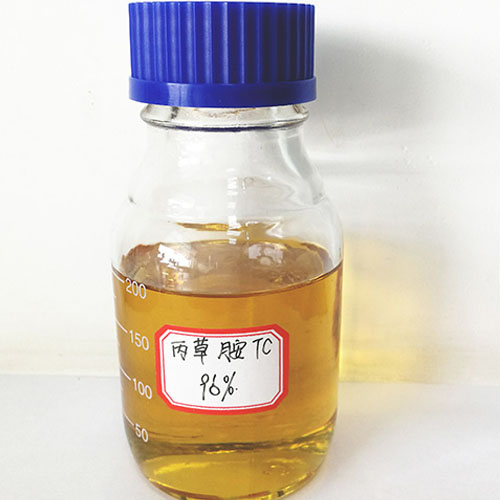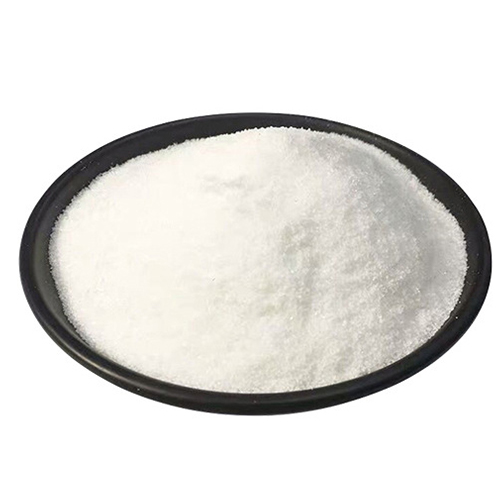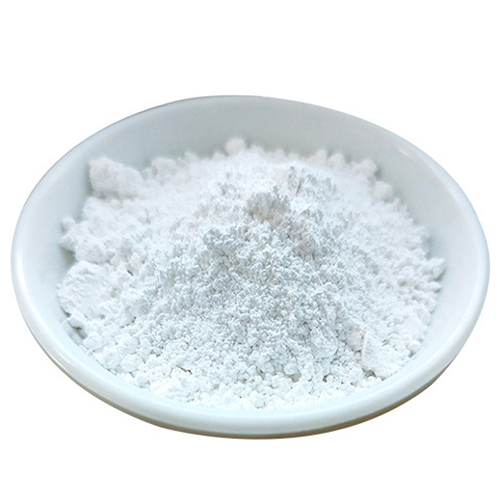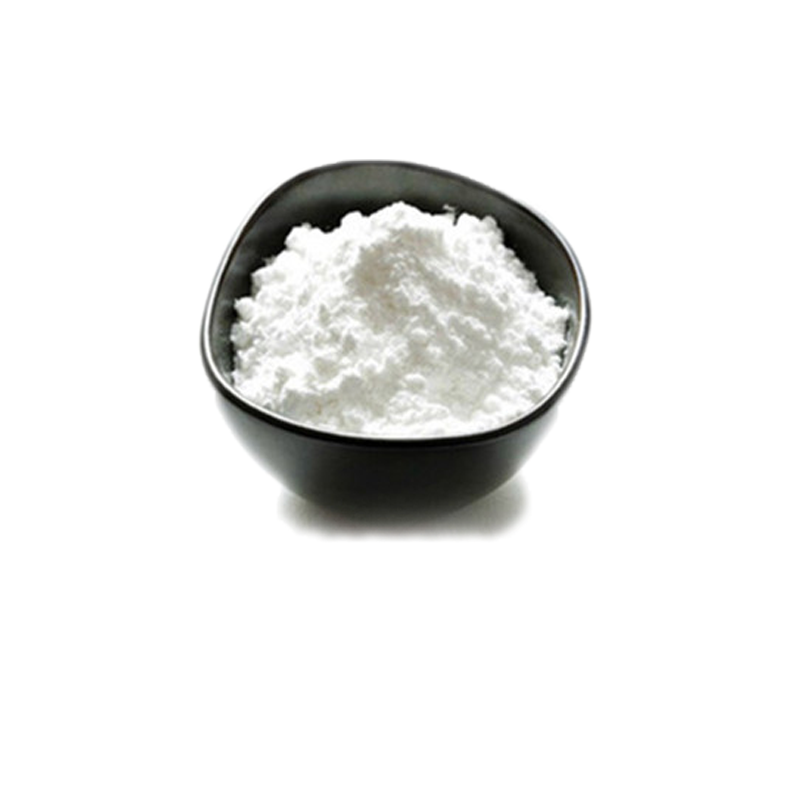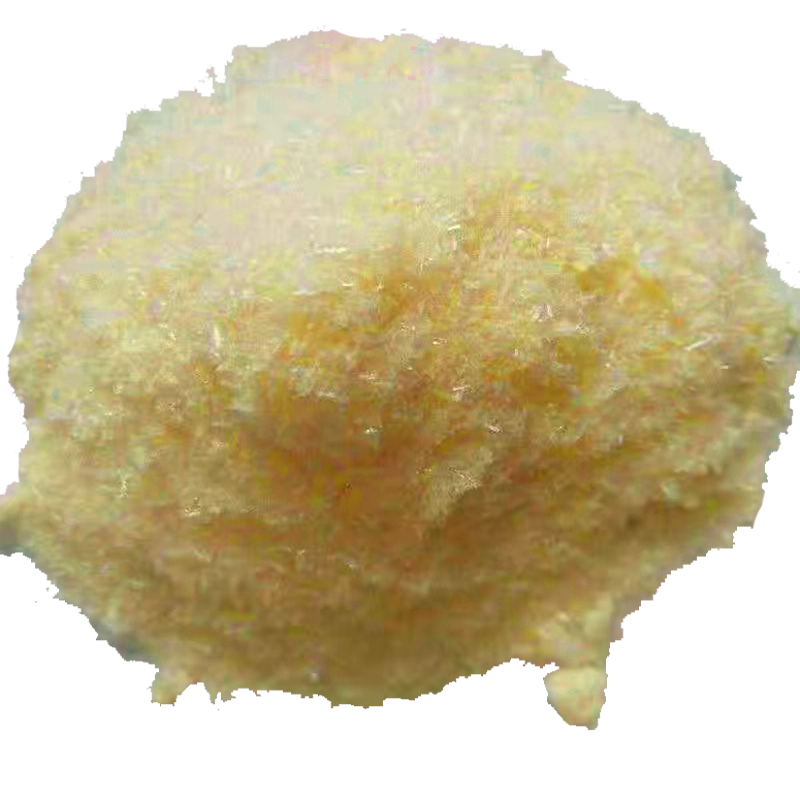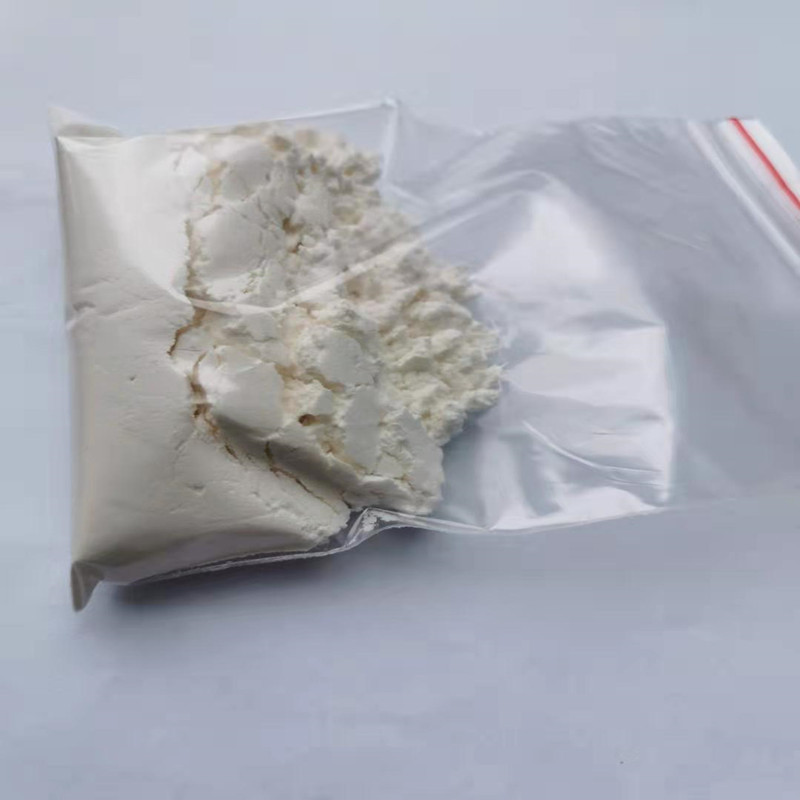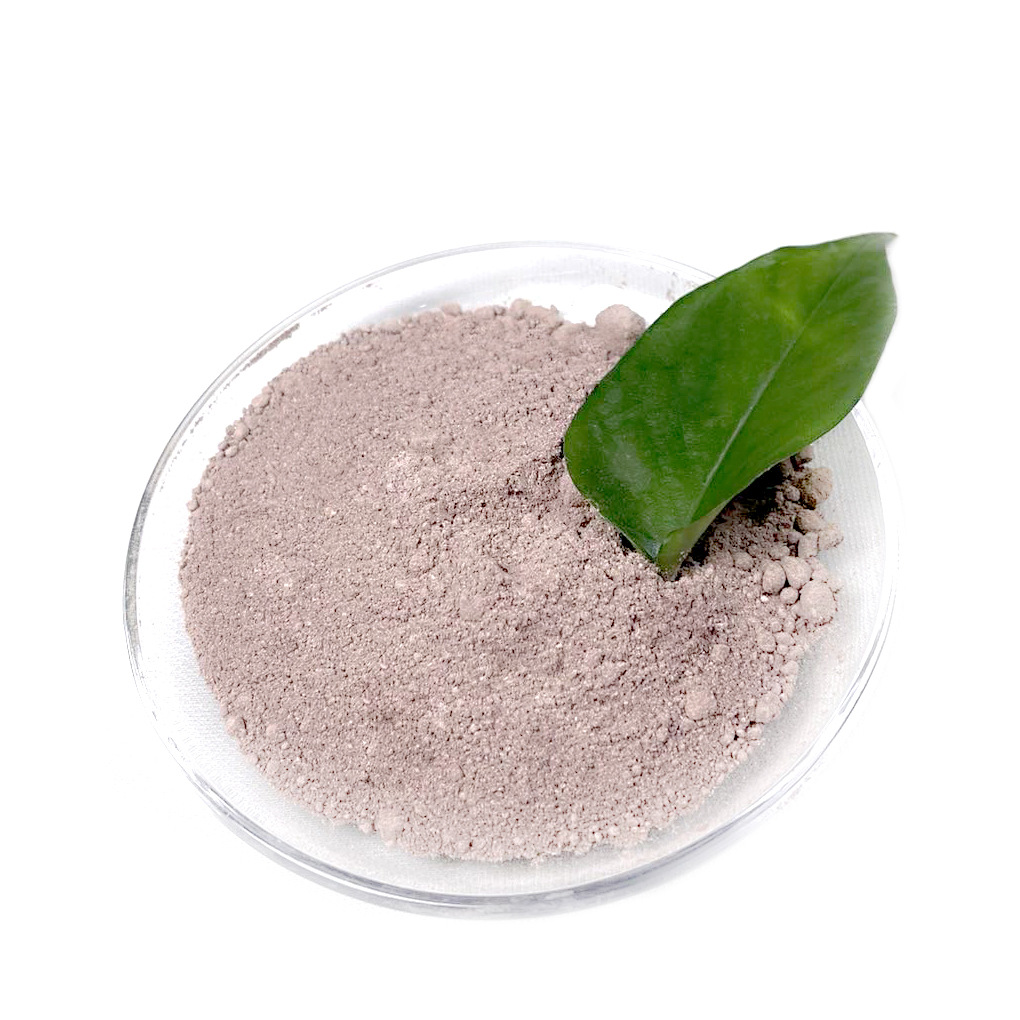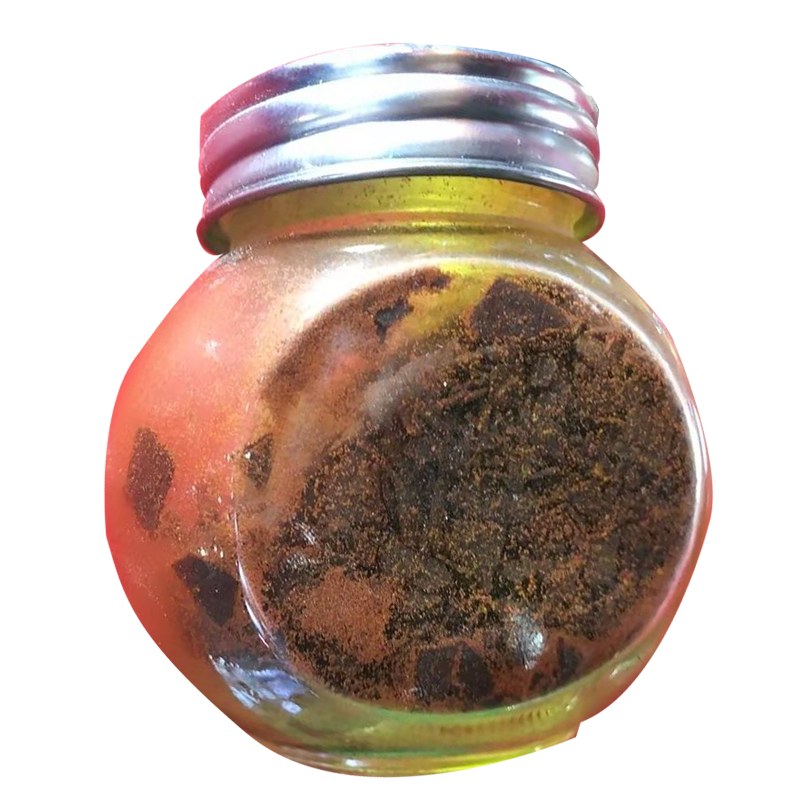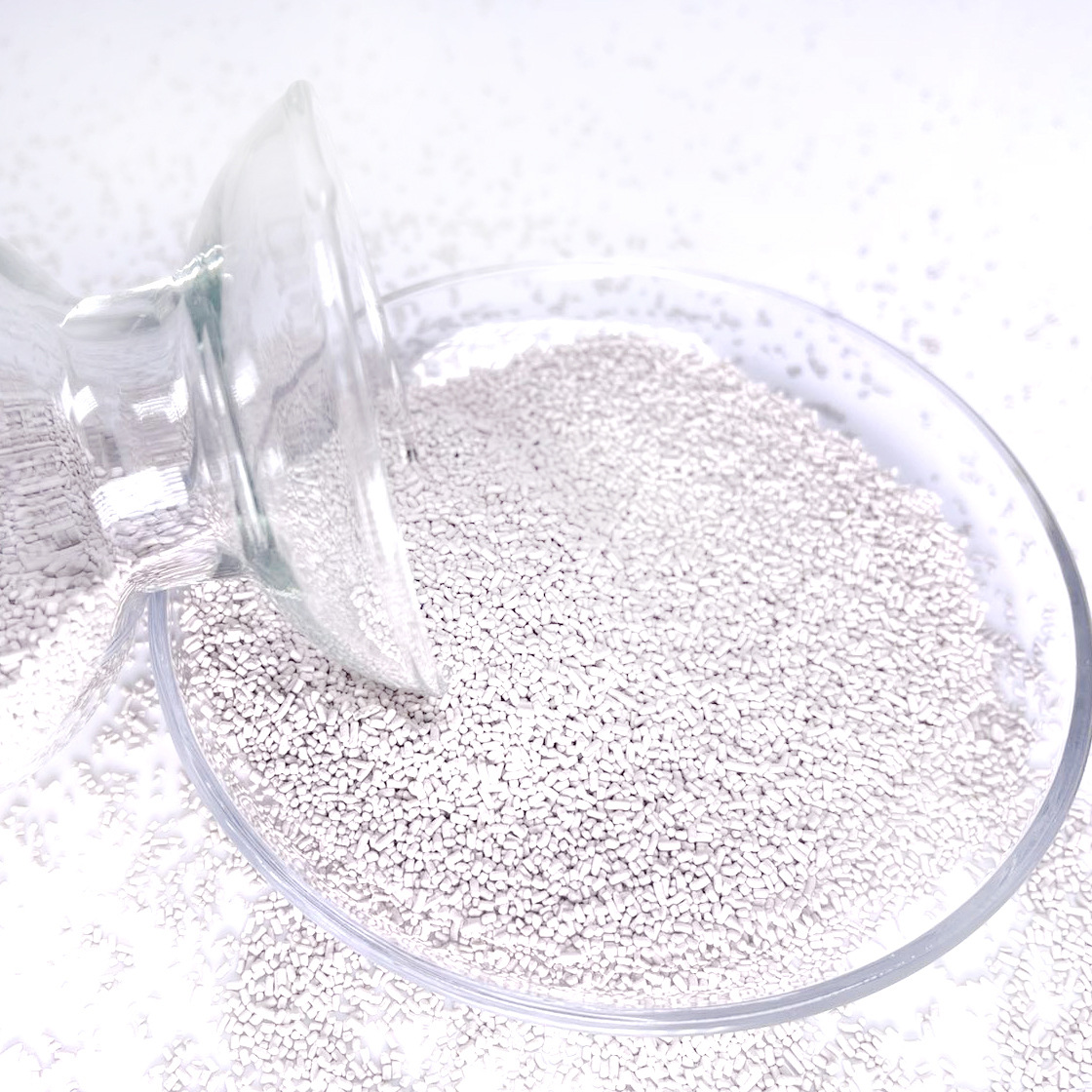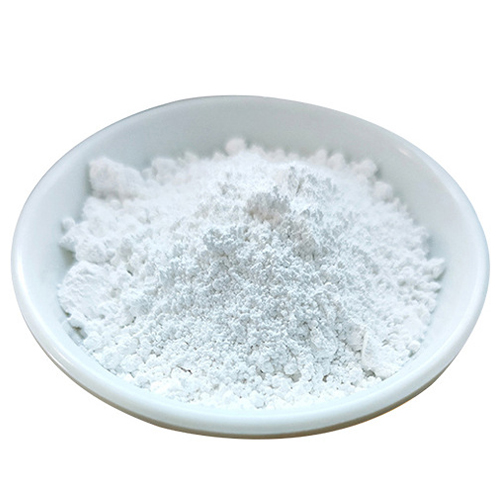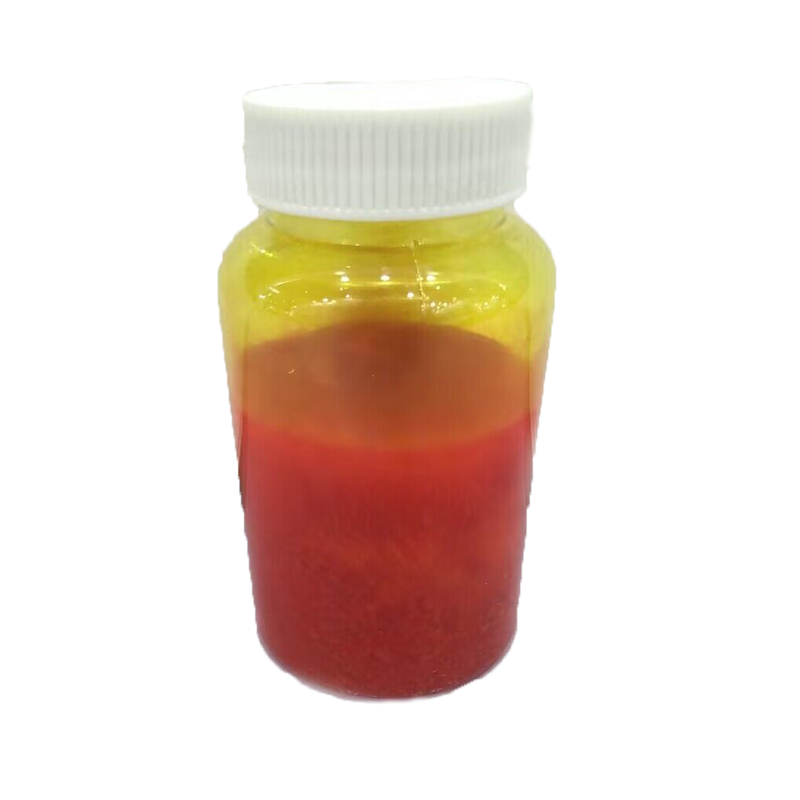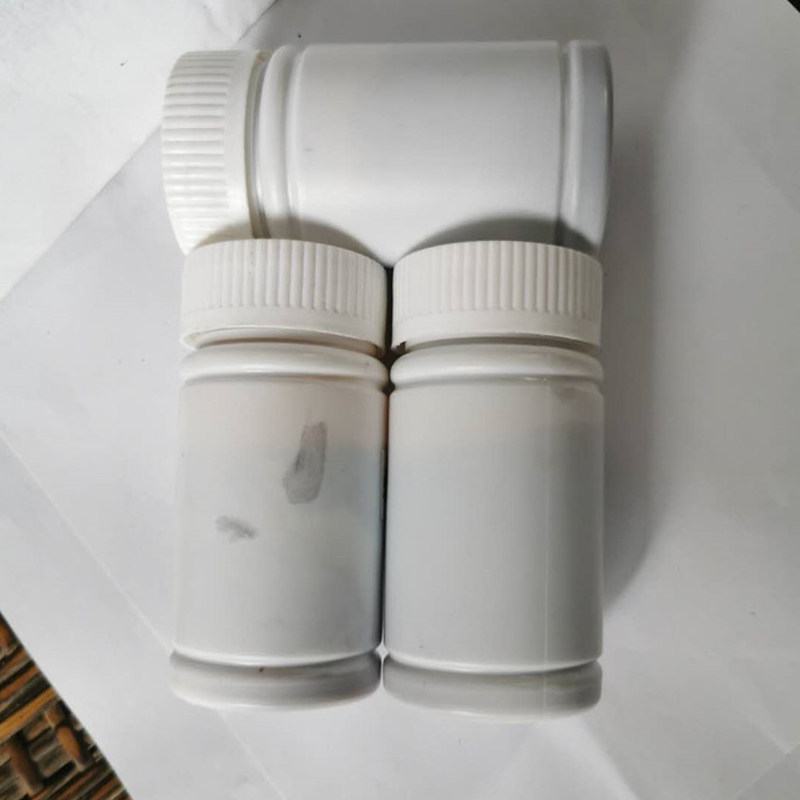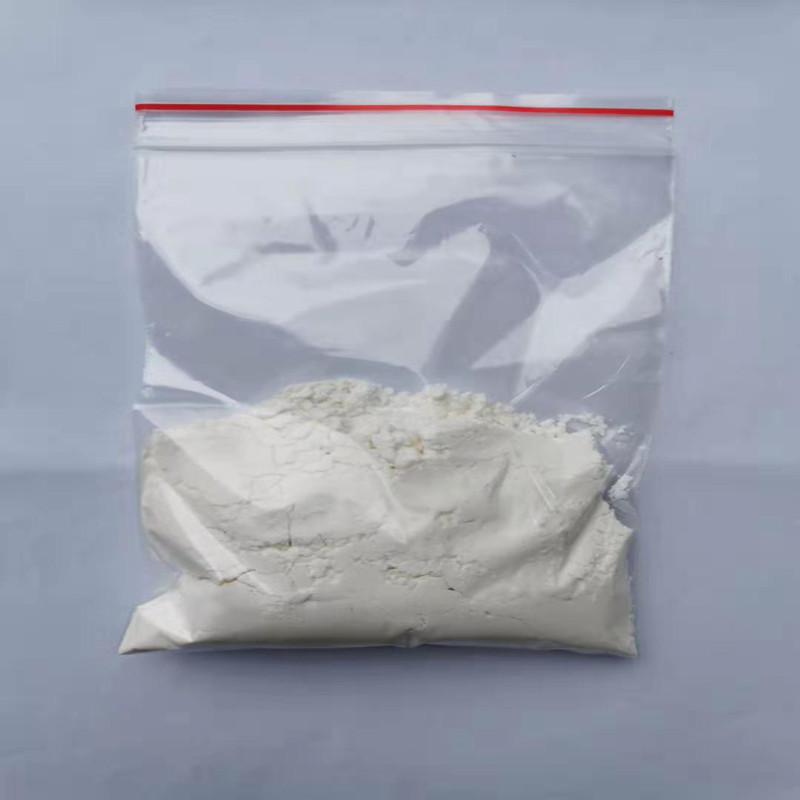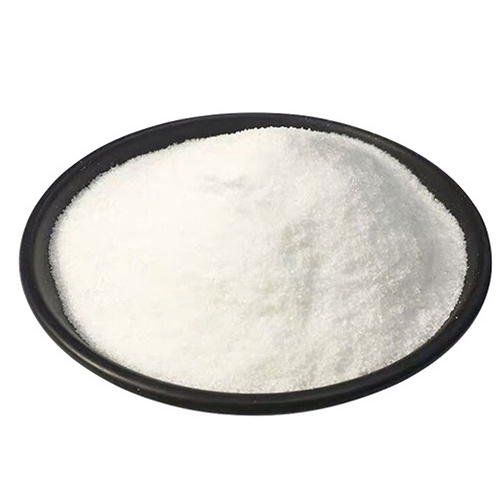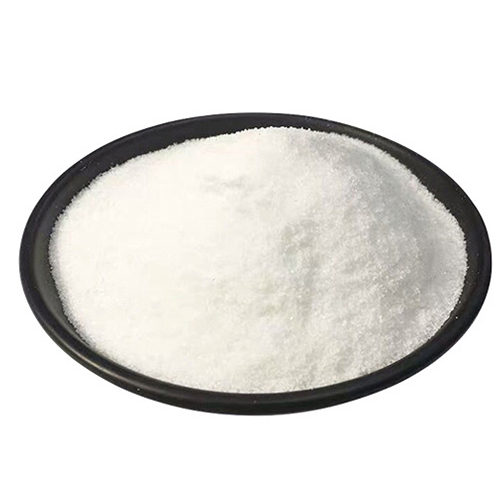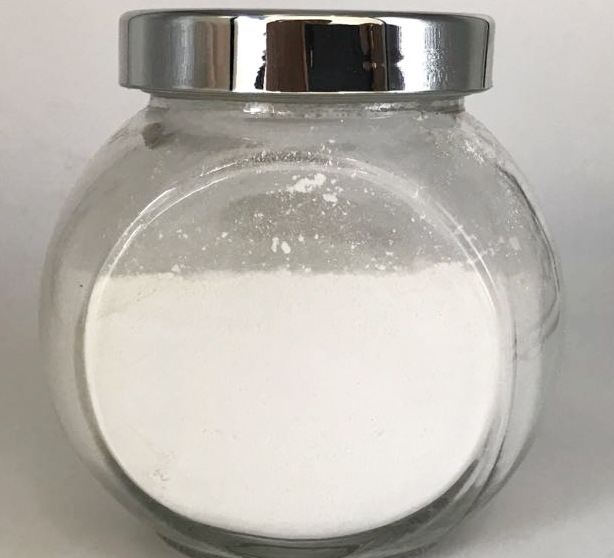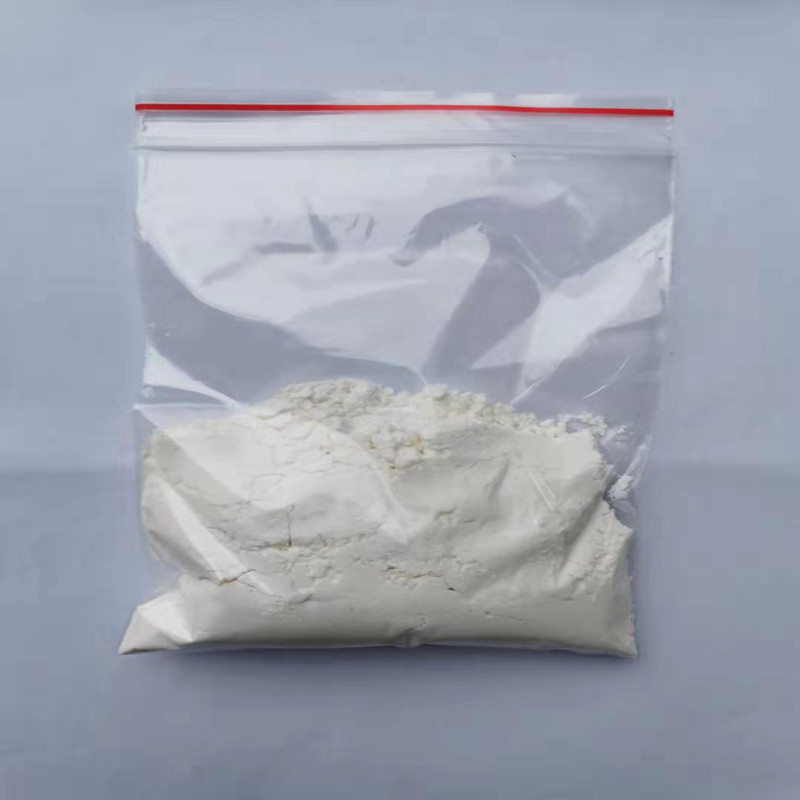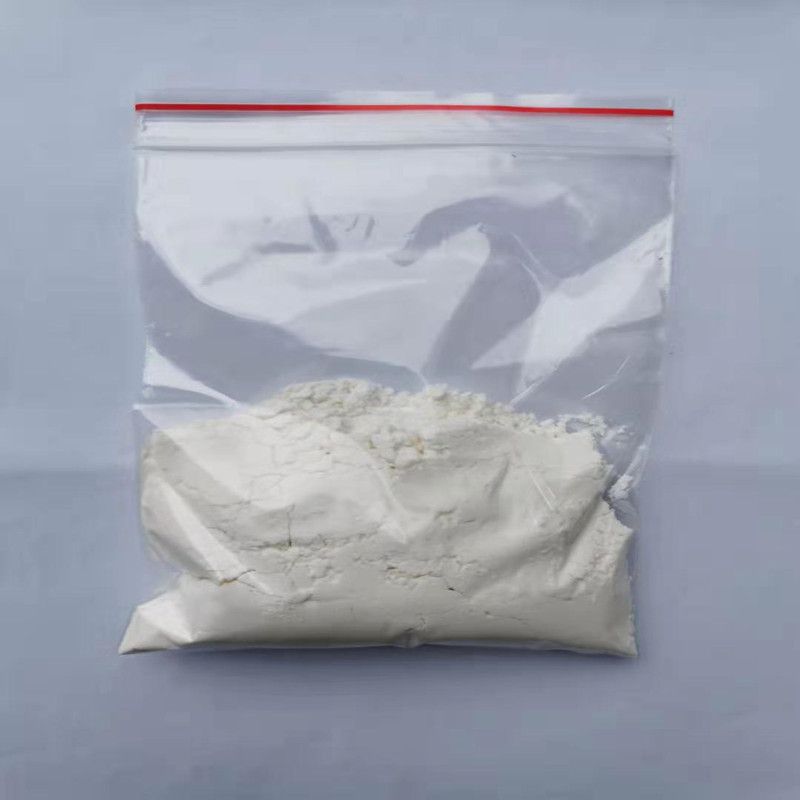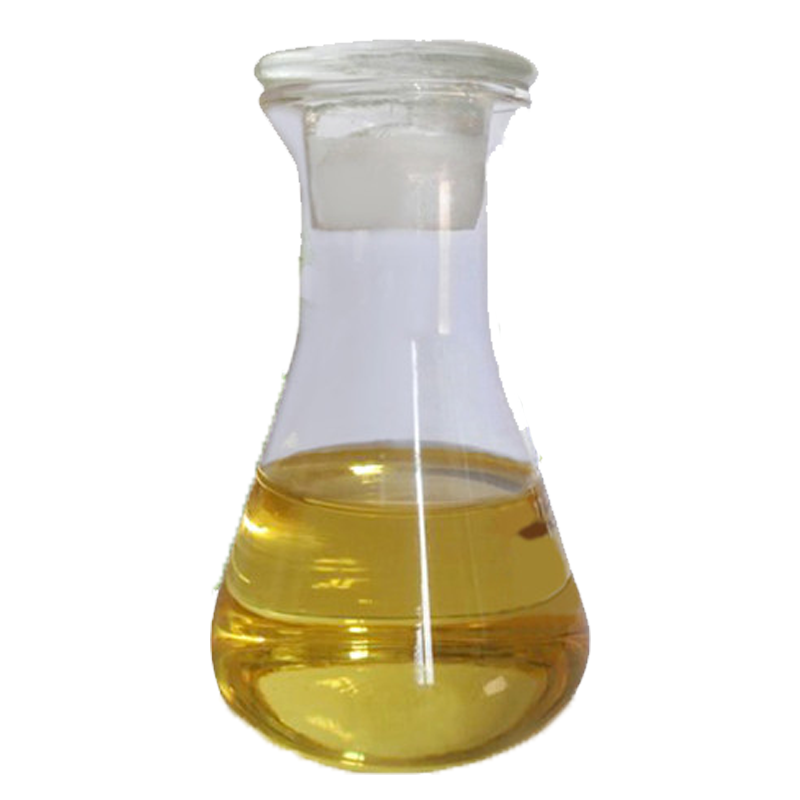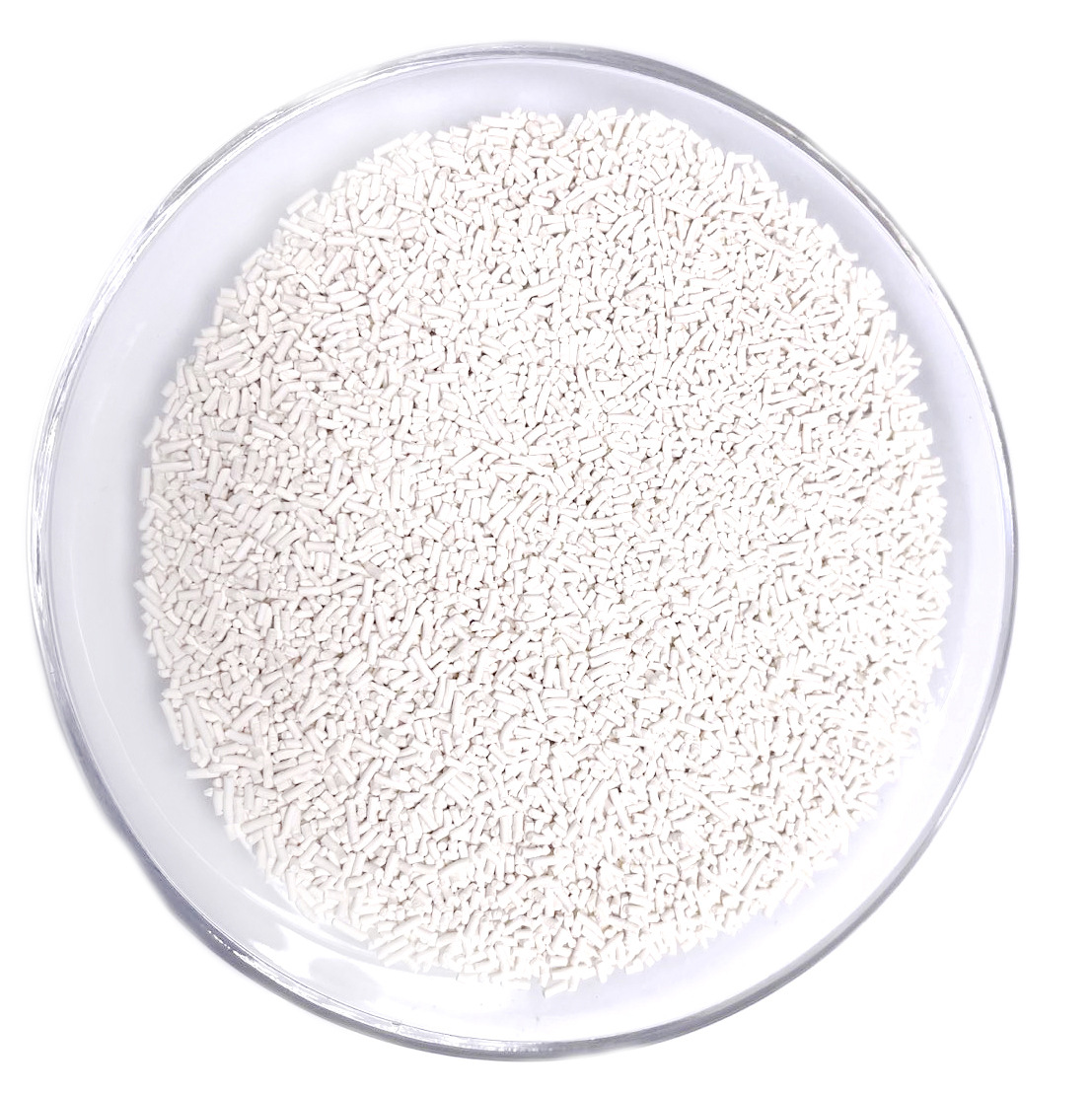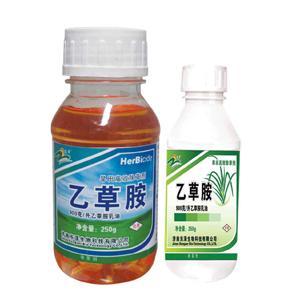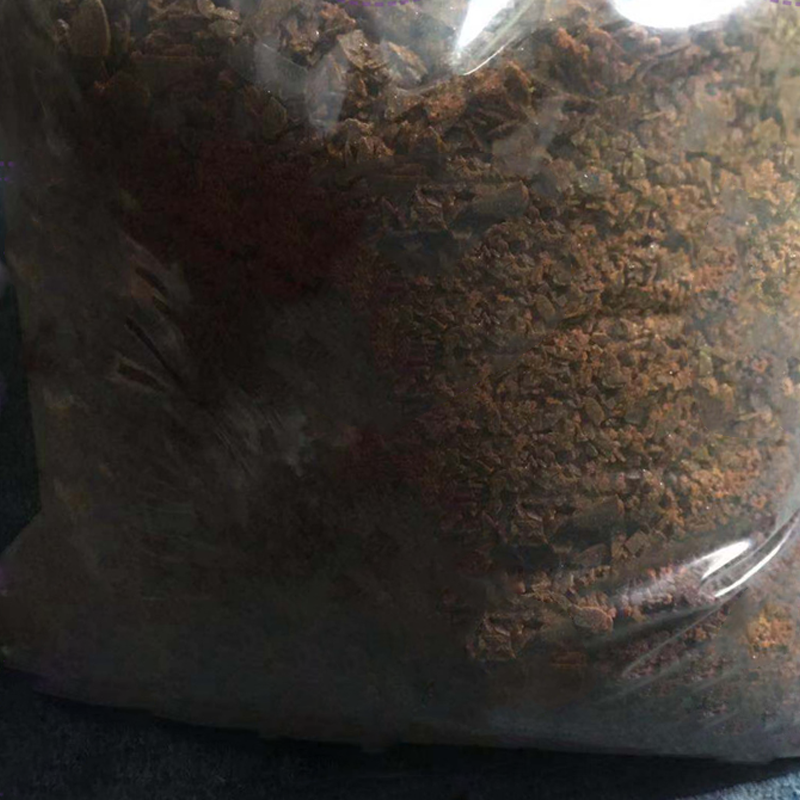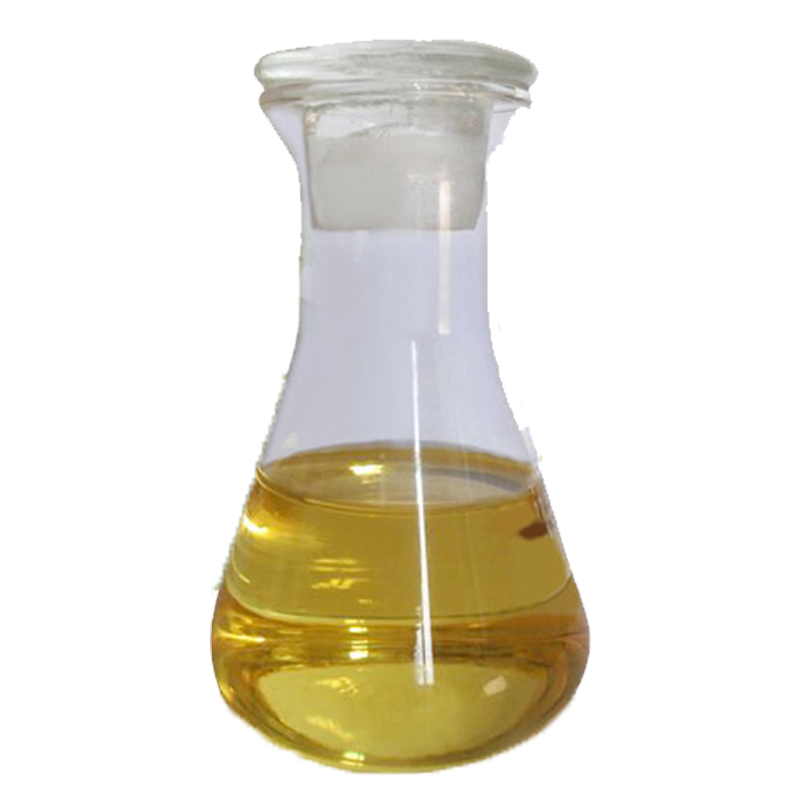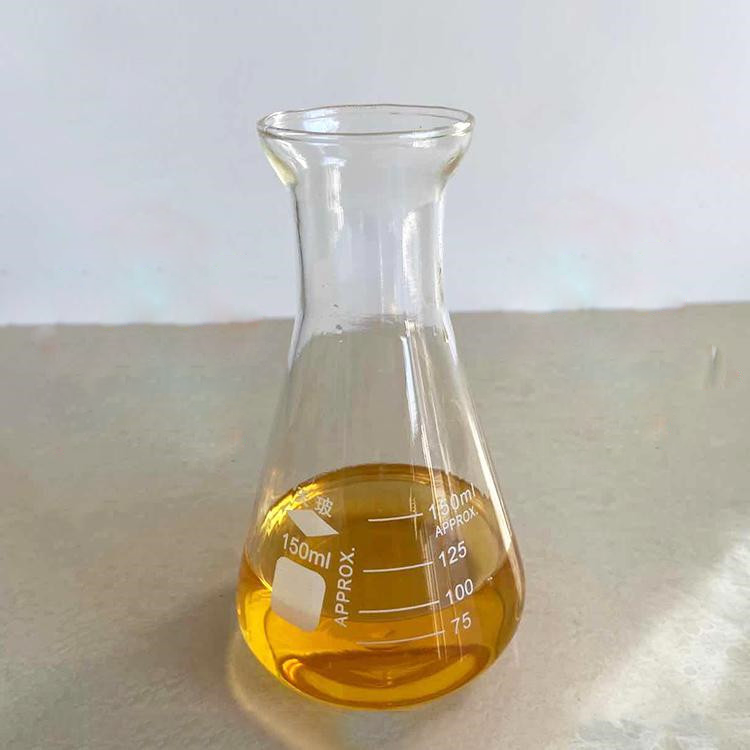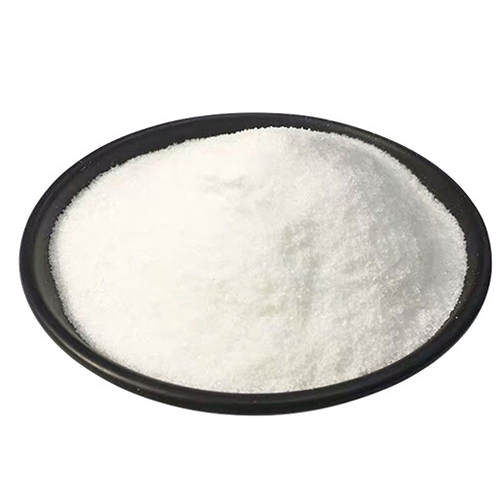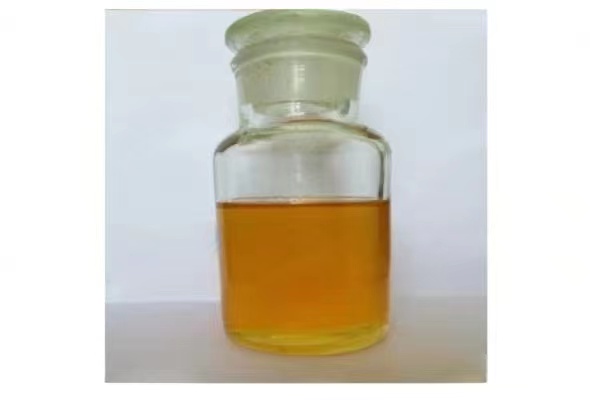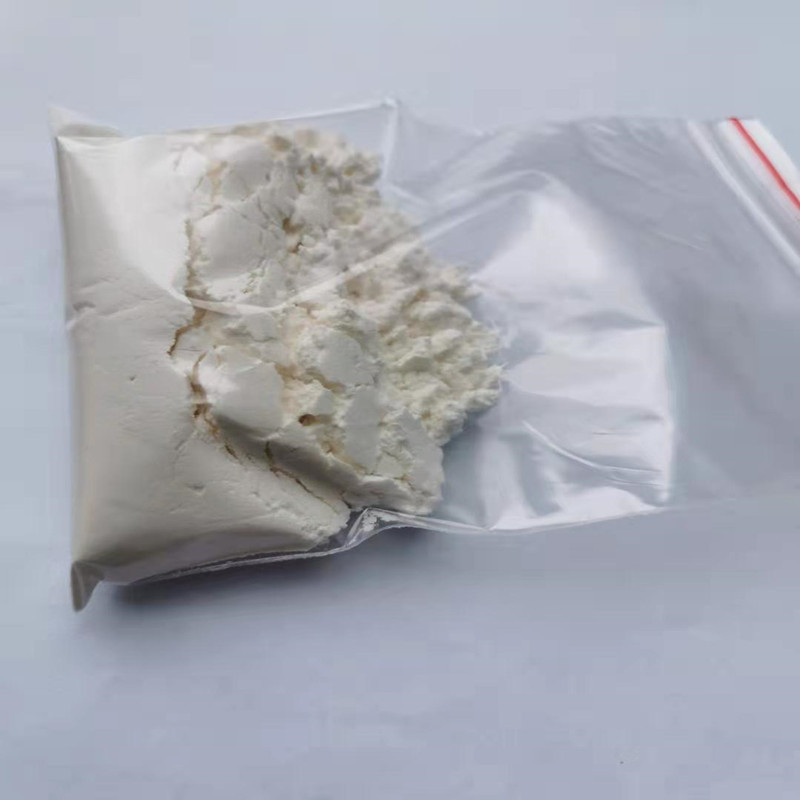
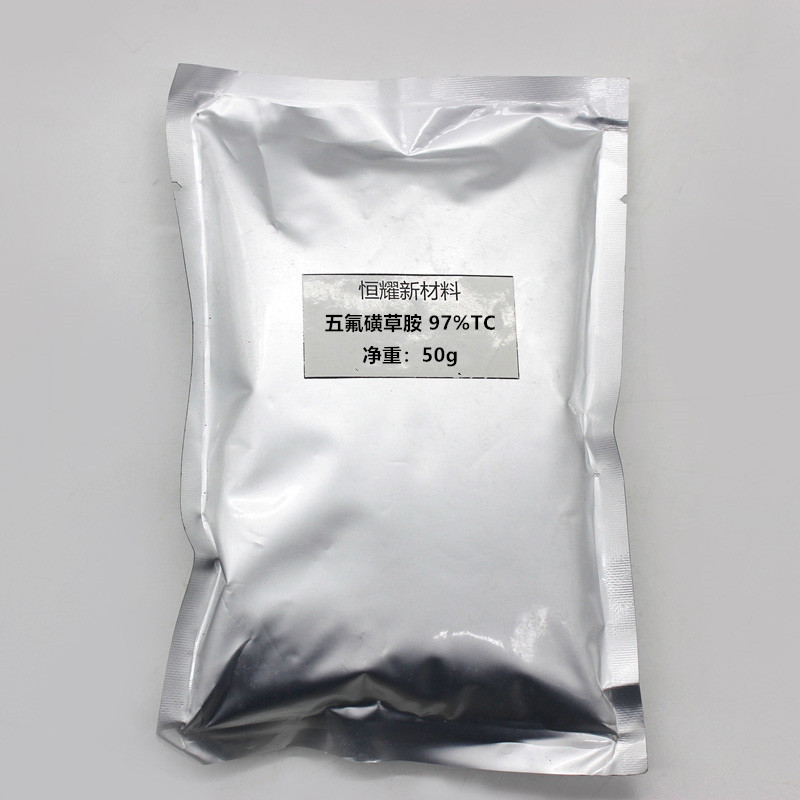
Herbicide Penoxsulam 98%TC Cas 219714-96-2
Penoxsulam is a new generation herbicide for paddy fields, mainly used to control weeds in paddy fields. It is the kind with the widest herbicidal spectrum among paddy field herbicides. It can effectively control barnyard grass and annual Cyperaceae weeds , and effective against many broadleaf weeds.
CasNo: 219714-96-2
Formula: CC16H14F5N5O5S
Physical State:solid
Purity(%): 98%
Application: Agricultura
Color: Light Brown
Formulation:2.5% 22%SE and used to manufacturer more formulated product
- Category: Herbicide
Penoxsulam is a new generation herbicide for paddy fields developed by Dow AgroSciences. It is effective by inhibiting acetalactate synthase (ALS). It is mainly used to control weeds in paddy fields. It is currently used in paddy fields. The variety with the widest herbicidal spectrum among herbicides can effectively control barnyardgrass (including barnyardgrass resistant to propanil, quinclorac and anti-acetyl-CoA carboxylase), annual Cyperaceae weeds, and Effective against many broadleaf weeds. The effective period is as long as 30 to 60 days, and one application can basically control the weed damage in the whole season. At the same time, it can also control bensulfuron-methyl-resistant weeds in paddy fields, and has residual activity against many broad-leaved and sedge weeds and barnyardgrass, but it is ineffective against stephenia weeds. If control is required, it can be used with cyanide Fluoxate mixed.
Mechanism of action of penoxsulam
Penoxsulam is a sulfonamide herbicide. It exerts its herbicidal effect by inhibiting acetolactate synthase (ALS). It is mainly absorbed through the leaves, secondly through the roots, and can be transmitted to the meristem through the phloem and xylem to be inhibited and die. . After the application of penoxsulam, the plant growth was inhibited almost immediately, the growth points were chlorotic, and the bud tops were necrotic, resulting in the death of the plants within 2 to 4 weeks.
Sulfonamide herbicides are a new class of acetolactate synthase inhibitors. Its main structural form is triazolopyrimidine sulfonamide, and there are currently 6 varieties, all of which are used for the control of grass weeds, including fensulam, sulfafenacil, cloxazone and diclosulam , florasulam and penoxsulam. Its mechanism of action is the same as that of sulfonylureas, both of which inhibit acetolactate synthase (ALS), which is a key enzyme in the synthesis of branched-chain amino acids (valine, leucine and isoleucine), and is inhibited This leads to the blockage of protein synthesis, which eventually leads to the inhibition of cell division.
Features of Penoxsulam
Due to its high efficiency, low toxicity, safety, relatively low vapor pressure and low volatility, penoxsulam is especially suitable for use in rice. It is safe to use for rice crops, degrades by microorganisms in the soil, and has a long half-life especially in flooded rice fields, so it is highly valued by users, and has now developed into a very important herbicide product.
Advantage
Penoxsulam has high activity, low mu dosage, good herbicidal effect, wide herbicidal spectrum, and can be used at any point in the growth period except some areas in the northeast; Stubble crop safety.
disadvantage
Penoxsulam also has a common problem that almost all highly active pesticides have - high resistance, resistance has appeared in many areas, it is more difficult to weed, the amount per mu increases, and the cost increases; Use with caution, low temperature will reduce the metabolic rate of penoxsulam in rice, which may lead to growth inhibition or yellowing of japonica rice.
How to use penoxsulam
Penoxsulam is a broad-spectrum herbicide for paddy fields, which can effectively control barnyardgrass (including barnyardgrass resistant to propanil, dichlorothalinic acid and anti-acetyl-CoA shuttlease), daughter of the plant and annual Cyperaceae weeds, and effective for many broad-leaved weeds, such as Heterostasis marsh, carp sausage, field plant, bamboo knot flower, bermudagrass, etc. At the same time, it can also control weeds resistant to Arthsulfuron in rice fields, and has residual activity against many broad-leaved and Cyperaceae weeds and barnyardgrass. Penoxsulam is a conductive herbicide, which is absorbed by stems, leaves, young shoots and roots, and then transmitted to meristematic tissues through xylem and phloem, inhibiting plant growth, making growth points chlorotic, and 7-14 days after treatment, the top buds turn green. Red, necrotic, and the plants die within 2-4 weeks; this agent is a strong acetolactic acid synthase inhibitor, the drug effect is slow, and it takes a certain period of time for the weeds to gradually die. Penoxsulam is suitable for dry direct seeding field, water direct direct seeding field, seedling field, throwing seedling and transplanting seedling cultivation field of rice. The dosage is 15-30g (active ingredient)/hm2. In the dry direct-seeding field, it is applied before budding or after irrigation, in the water-seeding seedlings, it is applied in the early post-emergence stage; in the transplanted seedling cultivation, the pesticide is applied 5-7 days after transplanting. The method of application can be treated by spraying or soil mixing. Penoxsulam is very safe for rice. In 2005 and 2006, 10 rice varieties were sprayed at the 2-3 leaf stage in the United States at a dose of 70g (active ingredient)/hm2. There was no significant difference in yield, which indicated that all varieties had strong resistance and tolerance. When the dose is super high, it has a certain inhibitory effect on the growth of rice roots in the early stage, but it recovers quickly without affecting the yield.
Applicable crops of penoxsulam
Penoxsulam is a broad-spectrum herbicide for paddy fields, which can effectively control barnyardgrass (including barnyardgrass resistant to propanil, quinclorac and acetyl-CoA carboxylase resistance), stepwort and annual sedge It is effective against many broad-leaved weeds and lasts for 30 to 60 days. One application can basically control the damage of weeds throughout the season. At the same time, it can also control bensulfuron-methyl-resistant weeds in paddy fields, and has residual activity against many broad-leaved and Cyperaceae weeds and barnyardgrass.
Penoxsulam is a conductive herbicide, which is absorbed by the stems, leaves, young shoots and roots, and then transmitted to the meristem through the xylem and phloem, inhibiting plant growth, causing the growth points to lose green, and the terminal buds turn red 7~14 days after treatment , necrosis, and the plant died in 2 to 4 weeks; this agent is a strong acetolactate synthase inhibitor, and the agent appears slowly, and it takes a certain period of time for the weeds to gradually die.
Penoxsulam is suitable for dry direct seeding field, water direct direct seeding field, seedling field, throwing seedling and transplanting seedling cultivation field of rice. The dosage is 15~30g a.i./hm2. In the dry direct-seeding field, it is applied before budding or after irrigation, in the water-seeding seedlings, it is applied in the early post-emergence stage; in the transplanted seedling cultivation, the pesticide is applied 5-7 days after transplanting the seedlings. The method of application can be treated by spraying or soil mixing.
Penoxsulam is very safe for rice. In 2005 and 2006, 10 rice varieties were sprayed at 70ga.i./hm2 at the 2-3 leaf stage, and the results showed that there was no difference in rice plant height, heading stage and yield. Significant difference, which shows that all varieties have strong resistance and tolerance. When the dose is super high, it has a certain inhibitory effect on the growth of rice roots in the early stage, but it recovers quickly without affecting the yield.
Precautions for penoxsulam
The method of application can be treated by spraying or soil mixing. The product is very safe to rice. When the dosage is super high, it has a certain inhibitory effect on the growth of rice roots in the early stage, but it recovers quickly without affecting the yield. Penoxsulam can be rapidly absorbed by the soil.
Leachability is weak in most paddy soils. Its adsorption capacity in clay soil and soil with high organic matter content is higher than that in light soil and soil with low organic matter content. In the soil with pH>8.0, it has the risk of aggravating phytotoxicity.
Package of penoxsulam
We also supply some accessories to add more functions for end-users' convenience, which also help our distributors and business partners sell our products in their area. Any special package requirements, please don't be hesitate to tell us.
Large Package:
Solid: 25Kg UN approved fiber drums with LDPE liner;
Liquid: 200L UN approved HDPE or iron drums.
Retail Package:
Solid: 10g;50g;100g;500g;1kg;5kg;25kg
suppliers of Penoxsulam
Agripestcide is a professional pesticide chemicals manufacturer, supplying good quality and effective herbicide penoxsulam with high quality and good service. If you are looking for Herbicide Penoxsulam, please feel free to contact us for latest price.
Name | Penoxsulam |
Formula | C16H14F5N5O5S |
Molecular Weight | 483.37 |
EINECS N0. | 606-869-8 |
Melting Point | 223-224° |
Boiling Point | |
Physical State | solid |
Color | Light Brown |
Purity | 98% |
Package | 25kg Cardboard barrel |
Application | Agricultural |
Storage | Ventilation low temperature drying |
Sample | Available |
EXP | 2 years |
Send an Inquiry
Your email address will not published. Required fieled are marked.
Related Products
Check out other related Products

